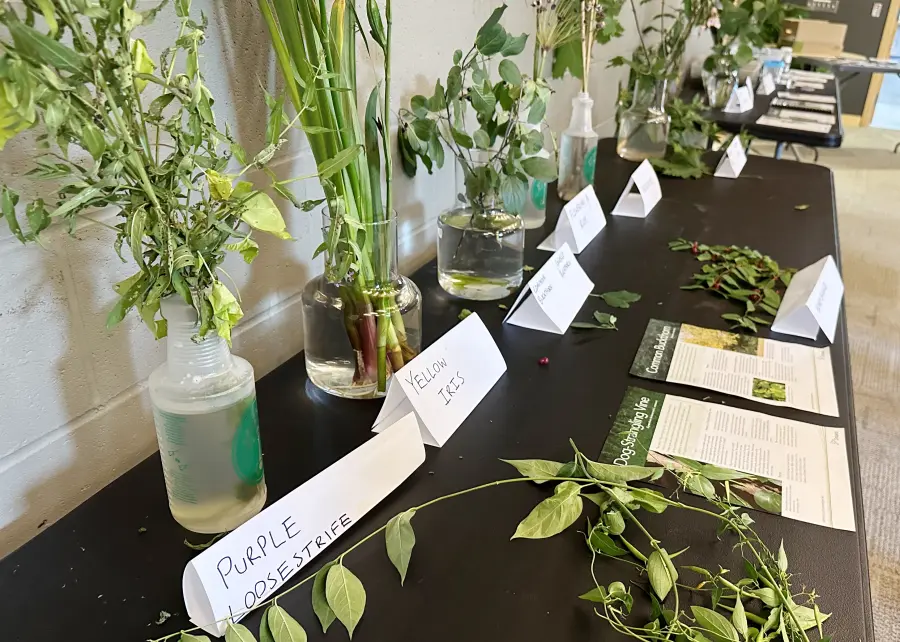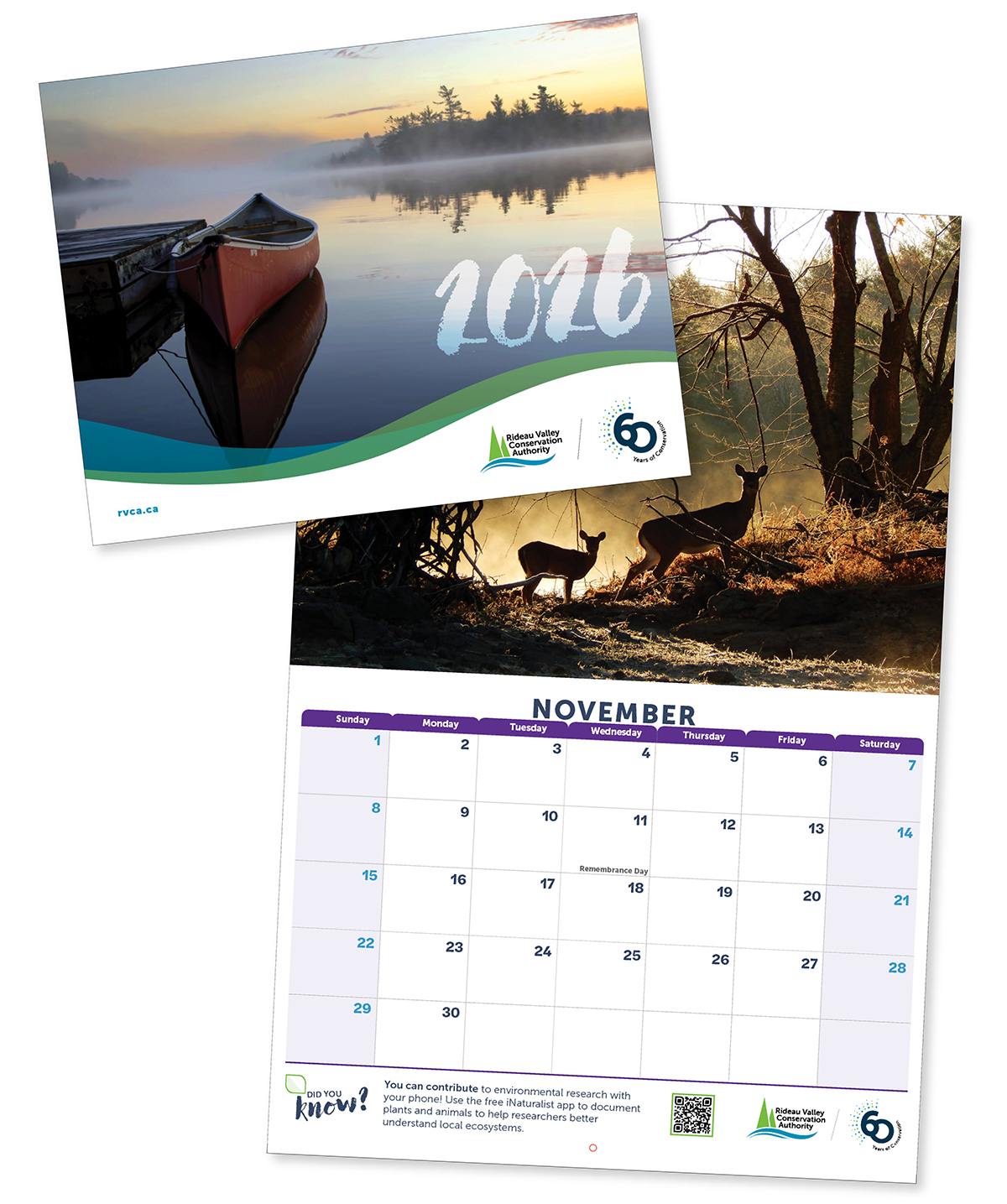Invasive species can wreak havoc on our native ecosystems, but a free community workshop aims to help local residents and community groups identify the region's most problematic invaders so they can stop them from spreading even further.
Staff from the Rideau Valley Conservation Authority will host the workshop on Saturday, July 20 at the authority’s headquarters at 3889 Rideau Valley Drive in Manotick. From 9 a.m. to noon, participants can enjoy presentations as well as hands-on displays of invasive plants and animals.
“The more people know about invasive species and how to stop them, the better,” said Eric Guitard, RVCA’s City Stream Watch Co-ordinator. He said this year’s workshop will include information on up-and-coming invaders, in an effort to get ahead of them. “By reducing the spread, we can give our native species a fighting chance and promote a more balanced and diverse local ecosystem.”
Invasive plants like Himalayan Balsam, garlic mustard, Japanese knotweed and dog-strangling vine can spread rapidly, pushing out native species and leaving gaps in the area’s biodiversity. This can reduce food supplies and resources for other species who rely on the missing native plants. Invasive plants are also often poor substitutes when it comes to erosion and flood mitigation, as their roots generally aren’t as deep or strong.
In the water, invasive aquatic species can have dramatic ecosystem impacts while also measurably changing water quality and characteristics. For example, invasive zebra mussels filter suspended particulates so effectively they can cause distinctly weedier lakes, since sunlight can reach further into the water column.
“It’s a group effort to keep our local environment as natural and functional as possible for everyone’s benefit,” Guitard said. “We’re excited to welcome residents as passionate as we are about making a difference.”
Space is limited. Advanced registration is required by filling out this form or emailing



